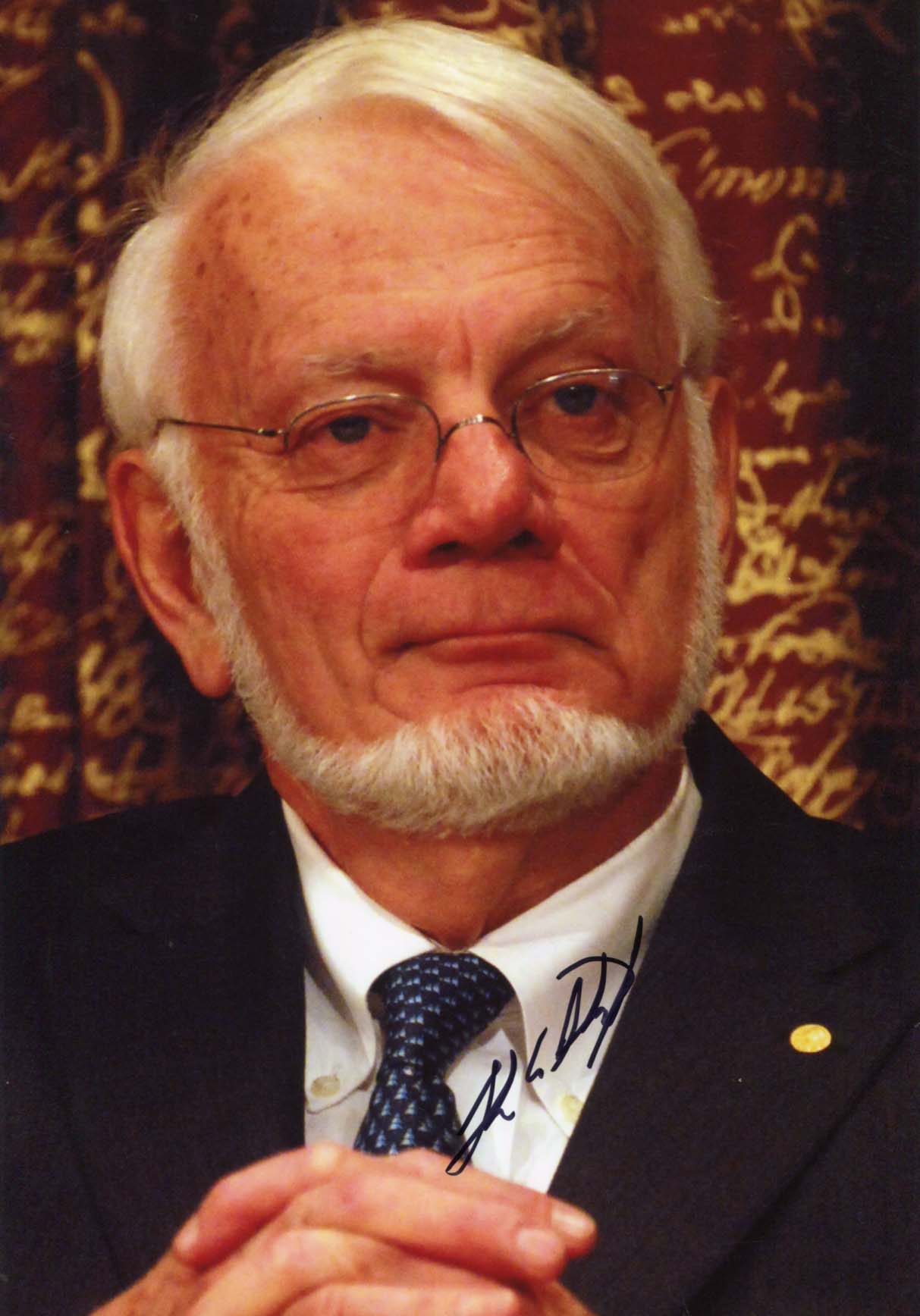Beschreibung
Weitere Infos zur Person
Profession:
(1940 - 2018) US-amerikanischer Biochemiker, Sterling-Professor für Molekularbiophysik und Biochemie an der Yale University und Forscher am Howard Hughes Medical Institute, bekannt für seine Pionierarbeit am Ribosom
Year of Birth: 1940
Echtheitszertifikat
Zahlung & Sicherheit
Deine Zahlungsinformationen werden sicher verarbeitet. Wir speichern keine Kreditkartendaten und haben auch keinen Zugang zu deinen Kreditkartendaten.

